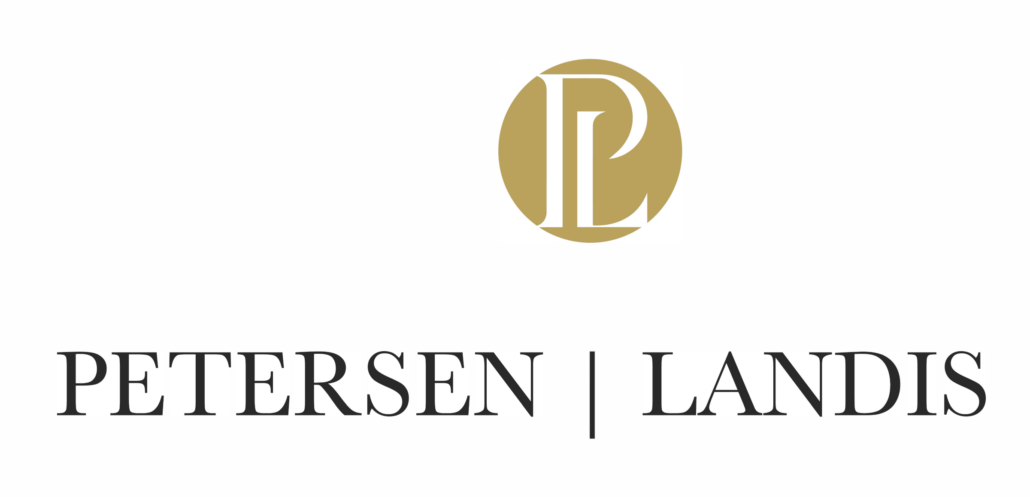DEFINING A SELLER’S KNOWLEDGE IN AN M&A AGREEMENT
Representations and Warranties
In an agreement for the sale of a business, there will be a number of representations and warranties by the seller across the spectrum of the company’s business, including its ownership of assets, its financial condition, its compliance with a variety of laws (among others, employment and environmental laws), and the existence of any adverse material events. If anissue arises post closing that violates the representations and warranties, then the indemnity provisions in the agreement will dictate that the seller must compensate the buyer for any resulting loss, including payment of attorneys’ fees, settlements, judgments, etc.
Because a breach of the seller’s representations and warranties can result in a costly indemnification obligation, the seller will be keenly interested in limiting its exposure to the extent possible. One way to do this is with a knowledge qualifier for certain representations and warranties, i.e., language which limits the extent of the representation and warranty on a specific matter to the actual or constructive knowledge of the seller.
Actual vs Constructive Knowledge
As an initial matter, the distinction between actual and constructive knowledge standards is an important one in this context. Actual knowledge of course means that the seller must actually know about the circumstances giving rise to the breach of the representation and warranty in order to be held liable for that breach. Constructive knowledge, on the other hand, will dictate that a breach will occur if seller either knew or should have reasonably known about the facts giving rise to a breach. Obviously, a seller much prefers an actual knowledge standard, as it precludes delving into the factual circumstances to determine whether a reasonable party should have known about the underlying facts of a breach.
To examine the effect of knowledge qualifiers in the M&A context, we’ll use the example a representation and warranty pertaining to existing lawsuits against a company, as well as any present basis for a legal claim to be brought in the future. This very common representation and warranty is generally bifurcated by a knowledge qualifier as follows: (1) the first clause relating to existing lawsuits is unqualified with regard to sellers knowledge; and (2) the second clause, pertaining to any current facts giving rise to a basis for a potential claim, is qualified or limited by the actual or constructive knowledge of the seller.
Breaking Down the Knowledge Qualifiers
Let’s begin by analyzing the first clause and the lack of any knowledge qualifier. If there is an existing lawsuit against the seller as of the time of closing, whether seller knows it or not, the seller will have breached the representation and warranty on absence of lawsuits unless that lawsuit is listed on a disclosure schedule to the agreement. The allocation of risk in this regard makes logical sense, because the suit has been filed before closing based on conduct of seller, and should be seller’s responsibility. In addition, with regard to the issue of knowledge, a lawsuit is a public record and generally needs to be served promptly after filing, so in most circumstances, seller is going to be aware of such litigation. And, if due to a quirk of timing, the seller is not so aware, a buyer is not willing to take on that liability by using a knowledge qualifier.
As for the second clause, however, the existence of any basis for a future claim, generally speaking this clause will be subject to an actual or constructive knowledge qualifier. The allocation of risk here is that if the seller did not actually know (under an actual knowledge standard) or reasonably know (under a constructive knowledge standard) of the basis for a subsequent claim, the seller will not have breached the representation and warranty, and will not owe an indemnity obligation. The reasoning behind the general use of the qualifier here is that a seller cannot be held to know everything about the company, and that some dividing line should be drawn with respect to unasserted claims.
The trend in M&A is for a constructive knowledge standard to be used as the knowledge qualifier. The buyer’s argument in this regard is straightforward: they are unwilling to make the substantial investment in purchasing a company or its assets while allowing a seller to avoid liability based on lack of actual knowledge of its errors or misconduct. Indeed, buyer
will argue, such a standard rewards neglect, in that an unknowing seller will escape liability while a more diligent company would have been aware of the
issue.
Defining Constructive Knowledge
There are a variety of ways to define constructive knowledge in an agreement. One common way is to define knowledge by connecting it to what specific individuals in the company, often the selling principals and officers or directors, knew or should have known in the exercise of reasonable diligence. A seller will want to pay careful attention to this definition to ensure that the constructive knowledge standard does not become overly broad so as to open the door too wide to potential liability. Seller and its attorney should also carefully review the agreement to confirm that knowledge qualifiers are being used appropriately throughout the representations and warranties to limit their scope.
A seller’s indemnity obligation is generally the chief source of liability after closing, so careful review of knowledge qualifiers during the drafting process is a key way for seller to effectively manage this potential exposure.



